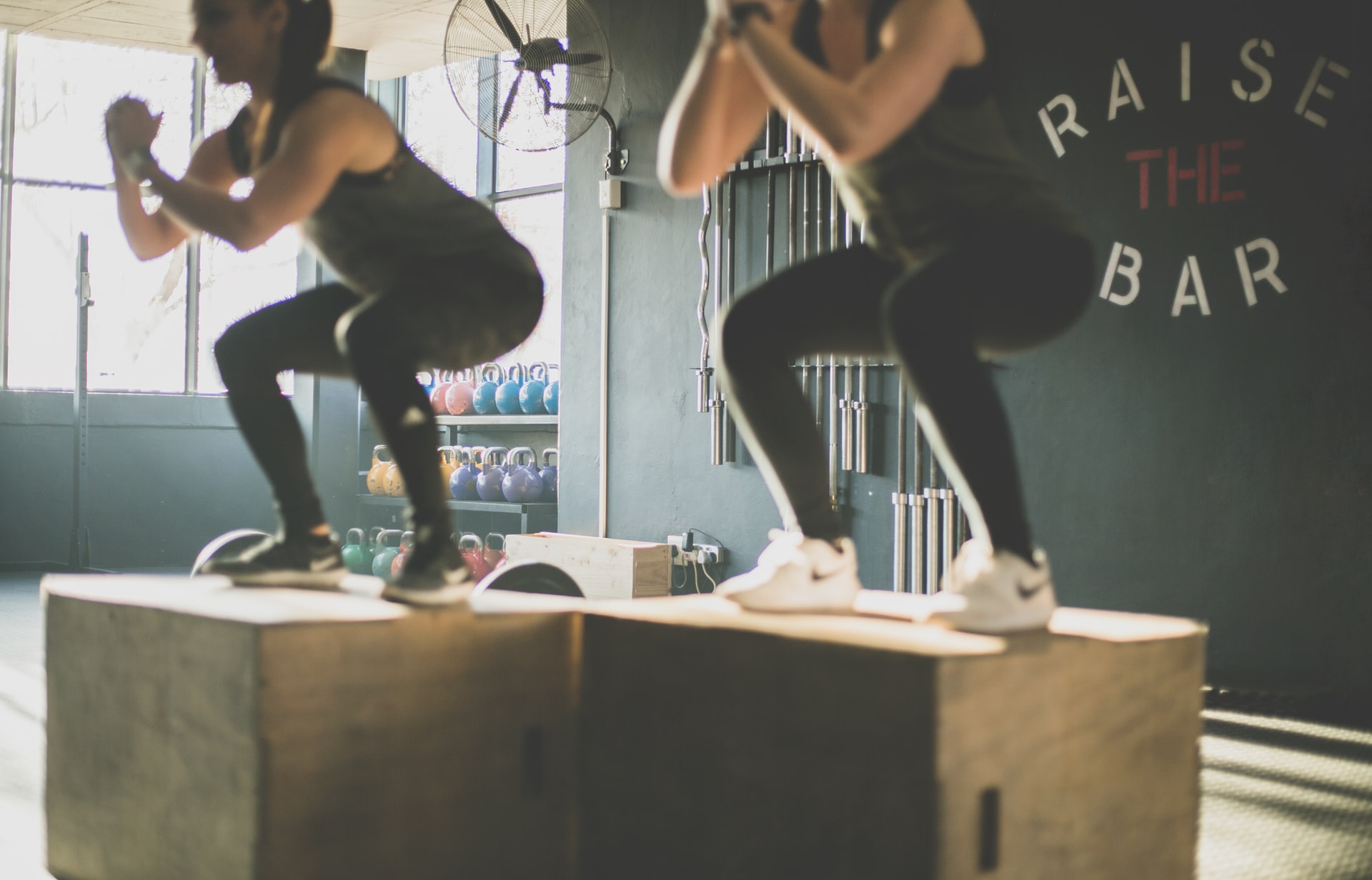Last Updated on January 31, 2024
About Sports Injuries
Sports can be hard on the body. These activities often require strenuous exertion that can damage an athlete’s joints, bones, muscles, and skin. For example, simply jumping upward to score a basketball goal may cause one player to fall onto another or land improperly on his or her own body, causing harm to the skeletal system or soft tissue.
Injuries like these can often be healed through therapy or other treatment. But some sports-related injuries cannot be recovered from, even with thorough medical care and the passage of time. In these cases, medical expenses can be quite extensive, far exceeding typical sports injury costs.
Injuries Attained in the Gym
Sports-related injuries are common. Most accidents are caused by the player himself or herself, with liability for the injury accepted by that player. Gyms often require members to sign waivers of liability. Accepting their own responsibility for the risk of injuries, just like the risk, they assume when entering the playing field.
When a gym facility is used for the pursuit of the sport or to maintain the physical conditioning of athletes, other liabilities may be involved. Manufacturers can be responsible for injuries when gym equipment is defective.
Equipment used in the gym or on the field may be defective. Malfunctions or poorly made equipment can lead to injury for participants believing themselves protected by the equipment. When injuries from defective gym equipment occur, the manufacturer may be held liable for the injuries and the facility would not be considered responsible for the harm to the athlete.
Waivers of Liability
Waivers are developed to protect individuals or entities from legal liability. They are typically used to ensure a facility or club does not experience a loss of revenue when an injury or accident occurs. Waivers of liability can be used by gyms, clubs, recreational activity companies, or membership services, among others.
Even groups of friends can use waivers to protect individual rights. Waivers absolve others of claims when injuries happen, protecting people or businesses from damage and other liabilities of injuries. Although waivers do not protect from all circumstances, waivers specify where responsibility is limited or eliminated.
Gym memberships often include waivers in documentation completed at the time of joining a club or facility. Adults and even children frequently sign these documents. They may not be aware of what they are signing or taking the time to review provisions. Such a waiver is protective of the business where sports-related injuries or other accidents may occur.
But a signed waiver is not a dead end for those injured while pursuing sports or working out in a gym. Courts consider waivers and often enforce these documents’ provisions. The courts will determine whether the waiver disclaimed liability for a particular injury, comply with state laws, or violated any regulations.
Minors are often provided special consideration when injured, despite waivers. Minors are not considered legally competent. So they are not considered able to dismiss liability for themselves. Many states will even overturn a signed waiver completed by a parent.
Assumption of Risk for Sports-Related Injuries
When participating in sports as part of personal recreation and not for professional purposes, most injuries are the responsibility of the individual playing the sport. The potential for injury is considered an acceptable risk by the player. Many sports injury cases are dismissed each year under this legal position. But the legal theory is only applicable in circumstances involving injuries attained through the reasonable pursuit of the sport.
Excessive hostility or aggression on the playing field can lead to harm to other individuals. Whether that harm is through physical contact or intentionally caused through actions. When someone is intentionally injured or suffers injury due to unreasonable encounters with other players, these actions may lead to a sports-related injury claim not covered under a waiver.
Insurance Claims
When injuries are sustained by professional athletes, the sports team is usually covered by insurance. If another party is responsible for the injury, the team’s insurance company will pursue compensation for the claim.
Any time an injury occurs to an individual during an accident or from another party’s negligence, a personal injury lawyer should be consulted. This attorney can provide information and insight regarding who is responsible and can be held liable for the damage suffered. A lawyer will advise how to proceed with a claim. Documentation is required to do so and how the case may be proven toward settlement or a court decision.







